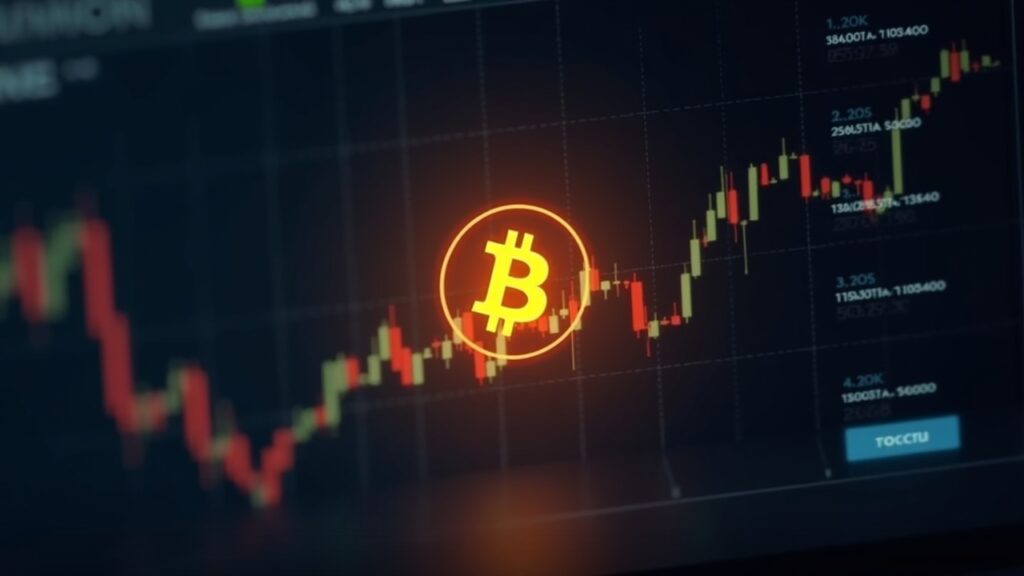Smarter Web, a company whose shares trade on the London market, bought bitcoin worth twelve point one million dollars and now lists two thousand six hundred fifty bitcoin on its balance sheet. The move matters because a public company now holds more of a famously jumpy asset, potentially prompting big investors to rethink their views and the ease of trading it. Beyond those facts, details remain thin and the market is left waiting for clarity.
The headline provides only two hard facts: the cost was twelve point one million dollars and the balance sheet now shows two thousand six hundred fifty bitcoin. The lack of public documentation leaves key financing and policy questions open.
Outsiders do not know whether the firm paid with spare cash, borrowed money, or swapped another asset, and they cannot tell whether the purchase follows a written treasury rule. As of now, there is no confirmation of the custodian, the transaction timing, or the per-coin price.
Implications for risk, signaling, and oversight
The value of the firm’s shares and its reported profit will swing whenever the bitcoin price swings, and the net-asset-value per share will move in step.
when a listed business buys coins outright, the market reads the act as a vote of confidence, and regulators and analysts tend to watch such firms more closely.
Holding two thousand six hundred fifty bitcoin forces the board to pick a custodian, check counterparty risk, and state in accounts how it values and may sell the stake; shareholders will demand clear rules.
Because the firm trades on a UK exchange, it must follow UK accounting and disclosure laws for crypto; without public words on the topic, no one outside can confirm whether auditors or extra identity checks are in place.
The headline says twelve point one million dollars spent and a total of two thousand six hundred fifty bitcoin held; the computer search failed; details are scarce; the main worries are price swings, custody, and reporting duties.
The next solid facts will arrive only if Smarter Web issues a statement or files a report that spells out its crypto policy; until then, the deal leaves the firm more exposed to bitcoin and leaves investors and regulators waiting for answers on controls and clarity.


